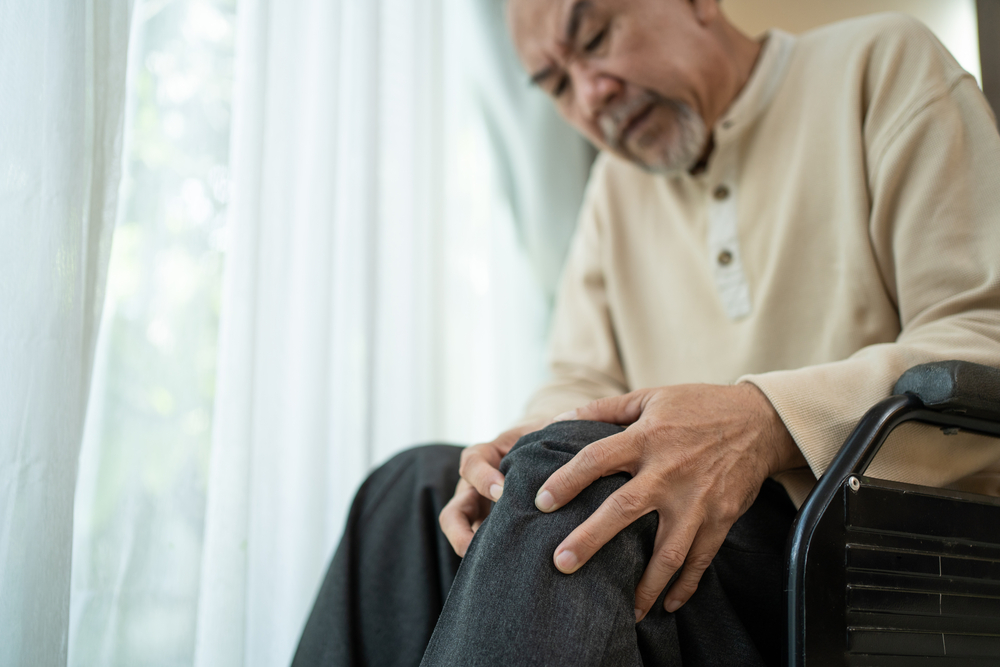How to Avoid Developing Sores from Prolonged Wheelchair Use
Bedsores don’t only occur in those who are stuck in bed due to a medical condition. More accurately referred to as pressure ulcers or decubitus, these sores are also common issues in wheelchair users. Just as bed-ridden patients experience constant pressure along their backside when lying down for extended periods, wheelchair-bound patients experience constant pressure on their tailbone, back, and other areas of the body. How can you help ensure that you don’t develop these sores from your wheelchair? Keep reading to get a few tips.
Get a Quality Wheelchair of the Right Size
First and foremost, you should ensure that your wheelchair is not directly contributing to the development of pressure ulcers. While sores can develop in any kind of wheelchair over time, wheelchairs with seats that are too stiff and inflexible can exacerbate the issue. Likewise, a wheelchair that is not appropriately sized for you can increase the amount of pressure on your skin. For larger patients, it’s a good idea to opt for a wider wheelchair that won’t place extra pressure on the outsides of the hips and thighs when seated.
Adjust Your Position Regularly
In a bed-ridden patient, frequently turning and adjusting position in bed is essential for preventing bedsores. The same is true if you use a wheelchair. Sitting in exactly the same position for hours a day, every day, will cause sores to develop. So, make sure that you’re adjusting your position at least once every hour. Look for wheelchairs that have tilting seats, so you can redistribute the pressure on your body more easily while remaining seated.
Please do not use donut cushions. While you might think that these will relieve the direct pressure on your tailbone, they put additional pressure on softer surrounding tissues, and often do more harm than good when it comes to decubitus. You should only use a donut cushion under the instruction of your doctor to keep pressure off of injured areas.
Try Wheelchair Pushups
If you have the upper body strength, try to do a few wheelchair pushups every hour. To do this, place your hands firmly and securely on the arms of your wheelchair. Then, press yourself up, lifting yourself out of the chair as far as you can before lowering yourself to just slightly touch the seat again. Repeat this movement, lifting and lowering your body weight, as many times as you can. Not only does this help to give your backside a little break from the seat, but it helps you maintain that upper body strength.
Ask for Help When Needed
If you’re not able to adjust yourself easily, or you struggle to get out of your wheelchair and into another seat or a bed to relieve pressure on your backside, don’t be afraid to ask for help. Preventing pressure sores is key to your health and wellbeing, and is well worth asking for a hand. Get help to move out of your wheelchair and onto another seat at least once a day.
Remember It’s Not Just Your Tailbone
 When trying to prevent decubitus, it’s important to remember that your tailbone and buttocks are not the only areas prone to developing these sores. Your back can develop pressure ulcers if it’s constantly pressed against the back of the wheelchair, and even the backs of your legs and arms can develop sores from where they rest against the wheelchair. Pay attention to these parts of your body as well, and make efforts to relieve pressure in those spots as often as you can.
When trying to prevent decubitus, it’s important to remember that your tailbone and buttocks are not the only areas prone to developing these sores. Your back can develop pressure ulcers if it’s constantly pressed against the back of the wheelchair, and even the backs of your legs and arms can develop sores from where they rest against the wheelchair. Pay attention to these parts of your body as well, and make efforts to relieve pressure in those spots as often as you can.
Take Care of Your Skin
Finally, make sure that you take good care of your skin. Keeping the skin clean, dry, and healthy can go a long way towards helping to prevent sores from developing. Inspect your skin every day for signs of a potential pressure ulcer beginning to develop. These signs include discoloration, swelling, tenderness, and feeling slightly warmer or cooler to the touch than the surrounding skin. If you notice these signs in any of the areas prone to pressure sores, be sure to take extra care to protect that spot from added pressure for a few days.
If you need any medical products to help care for and protect your skin, or you’re searching for a wheelchair that is well-fitted and comfortable, call or stop by Medical XPress today. One of our staff members will be happy to help you find the products that you need to help prevent the development of pressure sores.